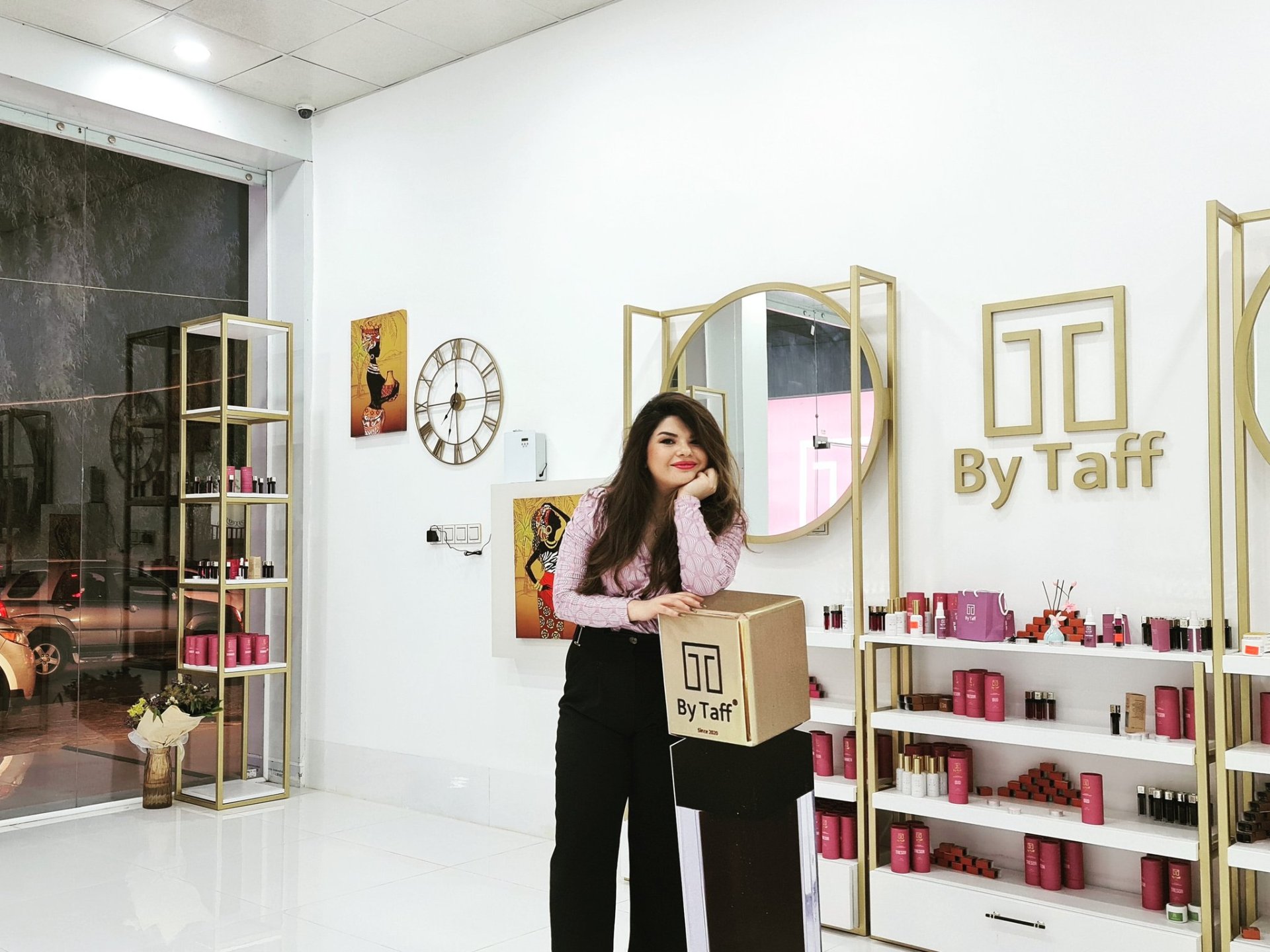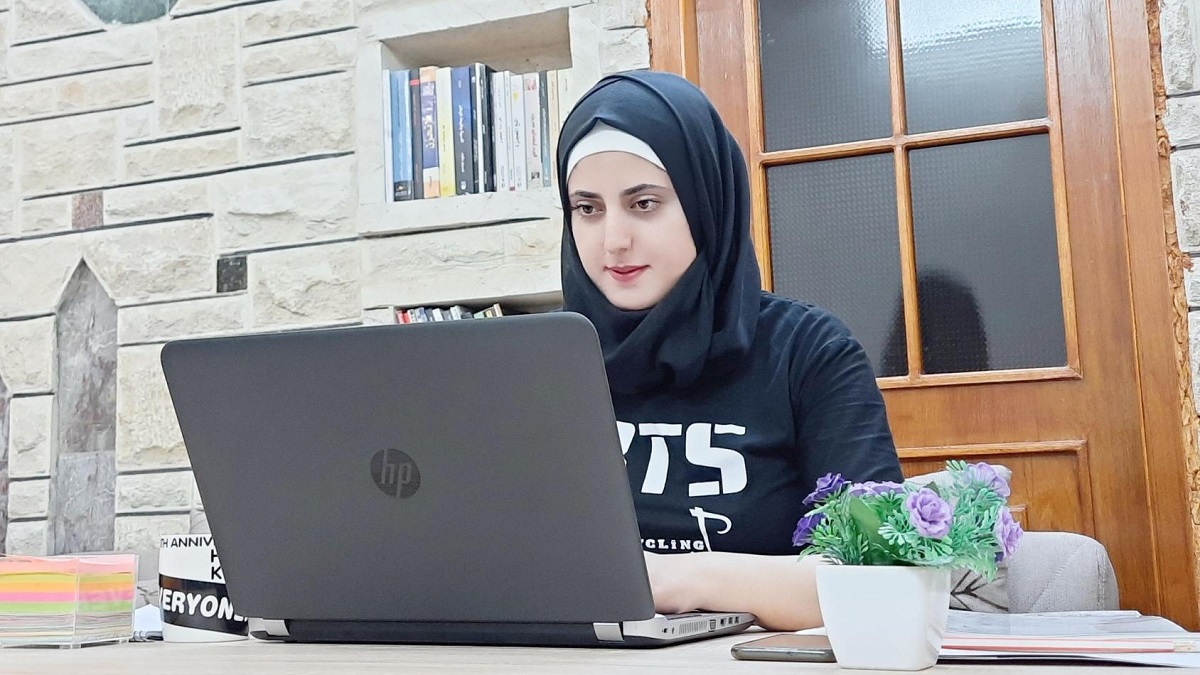Erbil, Iraq
Iraqi women are rising up. They’re becoming part of the business world and playing important roles in society. Zainab Jaff, a young entrepreneur started her own tech business a couple of years ago and she called it “Bonlili”. Zainab is also a researcher and university lecturer, focusing on telemedicine, telehealth, e-Learning and e-marketing.
Bonili is an e-commerce app for a variety of things related to women. She decided to build such a business because she’s keenly interested in the market and understands it, which motivated her to build such an app.
Despite enduring the pain of war and conflict, these women are increasingly stepping into the business world and contributing significantly to society. However, the journey is far from easy.
A broken ladder
Securing funding remains a major obstacle. According to TechCrunch, “Women-founded startups in the UU raised a mere 1.9% of all (U.S.) VC funds in 2022, marking a significant drop from the previous year. (equivalent to around $4.5 billion) out of the approximately $238.3 billion in venture capital allocated, as reported by the latest PitchBook data.”
Globally, women receive significantly less investment than men, and the challenge is even greater in a patriarchal society such as Iraq. Besides that, the cultural and societal expectations of businesswomen are already low.
Zainab says, “We don't have many role models. There aren't a lot of women in tech, and if something goes wrong, it's often assumed to be because you're a woman. It's as if they expect women to fail in business.”
Investors, predominantly male, often favor male-led ventures. This forces women to explore alternative funding sources, sometimes even resorting to foreign investment, which can be hampered by regulations requiring a majority local stake (51%).
Zainab emphasizes that success isn't about gender. Her team, with over 50% of women, demonstrates their capability. However, societal expectations can create limitations. Fieldwork, often perceived as unsuitable for women due to late hours and travel restrictions, requires reliance on male colleagues.
Persistence pays off
Zainab and her team actively participate in events and panels, determined to shatter stereotypes. They aim to be seen as serious competitors in the market, not a passing trend.
Their resilience is evident – they've outlasted larger companies. "We insisted on existing and competing," she says.
Zainab aspires to be a role model for young girls. The traditional mindset often steers them towards professions like teaching. While acknowledging the value of such roles, she strives to break the mold and become a leader in the tech world, just like architect Zaha Hadid.
Systemic challenges and barriers persist
While gender bias exists, Zainab highlights broader challenges. Limited access to digital banking, skepticism towards digital transformation, and an underdeveloped e-commerce market create systemic hurdles. Educating consumers becomes crucial for growth.
“Barriers?” she asks. “There are countless barriers. But the biggest one is the perception that women are unfamiliar with doing business with other men.”
She continues, “Because of this, when we talk to investors, they often don't take us seriously. They tend to favor supporting men. We've had to work twice as hard, and yet they still trust men more.”
The future of Iraq is female
Despite the obstacles, Iraqi women are increasingly claiming their space in the business world. Younger generations are emerging as fearless and well-educated, ready to lead. Although outnumbered by men, their numbers are steadily rising.
“In Iraq, we're seeing more women entering the business world every year. While their numbers are still smaller compared to men, the new generation is showing itself to be less fearful and more bold.” Zainab continues, “ These young women are well-educated, disciplined, and building great things. We can expect to see even more women in business in the future.”






